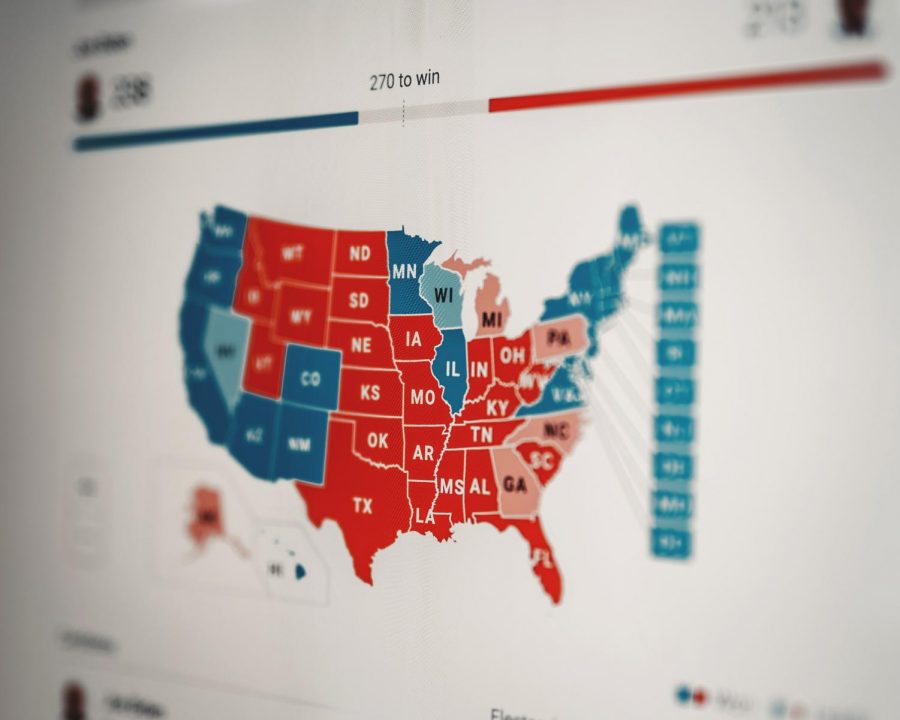Partisan politics take toll on family, says PNW profs
Growing political division between parties is ruining relationships and spoiling family holidays.
“We are more polarized than we have ever been. The real question is not about whether we are more polarized, the question is who is responsible and where to go from here,” said Political Science Professor Yu Ouyang.
Aside from the violence and insurrections, the growing political polarization in recent years is cultivating cutthroat politics and heated household arguments. For some, support for an opposed political candidate is enough to end a relationship. Disputes over facemasks ostracizes family members and disagreement over Planned Parenthood ends long-time friendships. Experts say things will settle down, but unity is unrealistic and probably unlikely.
“Unity for the sake of unity is not good. I do not want to reunify with some of these people that argue for white supremacy,” said PNW Political Psychologist David Nalbone. “It is very clear that we have at least two camps with massively clashing value systems, and they appear to be quite irreconcilable.”
Mechanical engineering sophomore Edgar Favela says that, for him, finding common ground with some is impossible.
“If they’re supporting somebody that goes against my existence, I do not think I would want to be friends with that person,” he said.
A 2019 Public Religion Research Institute survey indicates that 70% of Republicans believe the country is on the right track while almost 90% of Democrats believe we are careening towards destruction. Americans are torn on a plethora of issues and if talk of recent issues has not made it apparent enough, discussion is becoming less civil and more patronizing.
According to a 2019 Pew Research Survey, 85% of American adults feel that political debate has become more negative and less respectful. According to Nalbone, people identify very deeply with their political positions. As a result, political discussions are often seen as attacks on a set of beliefs rather than a productive argument. This leads to feelings of malice.
“People identify very deeply with their party—or with what they think their party







